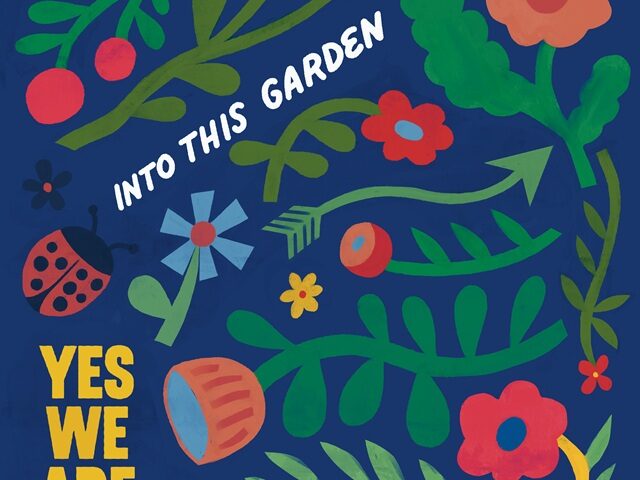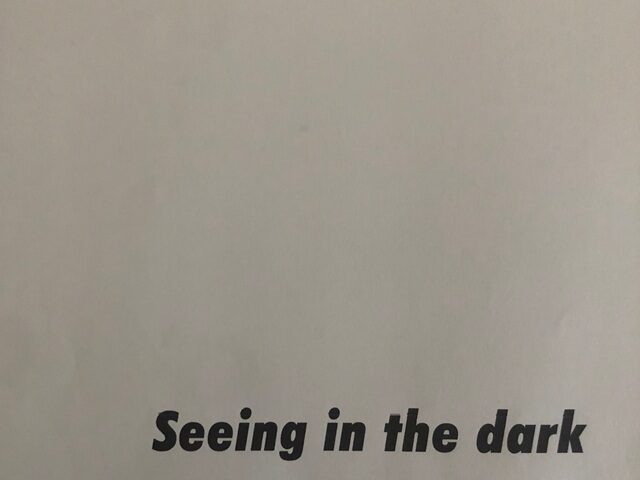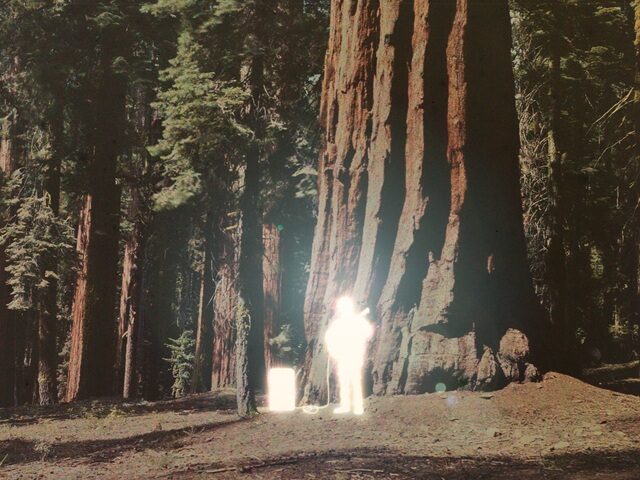Music has been a universal form of expression for centuries. Throughout history, artists have sought various ways to tap into their creativity, one of which is the use of cannabis.
From the smoky jazz clubs of the 1920s to the electronic beats of today, cannabis and music have shared a close relationship. Musicians from all genres have long touted cannabis as a tool that enhances creativity, deepens emotional expression, and expands the mind’s potential.
In this article, we’ll explore the history of cannabis in music. We will examine scientific insights into how cannabis affects the brain and dive into personal stories from musicians who use cannabis as part of their creative ritual. With the growing popularity of products like the portable dry herb vaporizer, more artists are discovering innovative ways to integrate cannabis into their creative processes.
By the end, it should be clear that cannabis holds a special place in the music world. It amplifies the ability to think outside the box, connect with emotions, and collaborate with others on a deeper level.
Historical Context of Cannabis in Music
Cannabis has long been a part of music culture, particularly in genres that emphasize improvisation and emotional depth. The influence of cannabis on music can be traced back to several key moments in history.
Jazz & Swing Era: The Early Pioneers
In the 1920s and 1930s, jazz musicians like Louis Armstrong and Duke Ellington openly embraced cannabis. Known for its improvisational style, jazz thrived in an environment where musicians sought new ways to express themselves.
Cannabis helped create a relaxed, uninhibited mindset that fostered spontaneity. For Armstrong, cannabis, or “muggles,” as it was often called, wasn’t just a way to unwind; it was a part of the creative process.
Reggae & Rastafarianism: A Spiritual Connection
No discussion about cannabis and music would be complete without mentioning Bob Marley and the reggae movement. In Rastafarian culture, cannabis is seen as a sacrament, a tool for spiritual enlightenment and connection with the divine.
Marley’s use of cannabis was deeply rooted in his religious beliefs. He often spoke about how it helped him to open his mind and create more profound music.
The Psychedelic 60s: Expanding Musical Horizons
The 1960s saw a cultural revolution, with rock musicians experimenting with mind-altering substances like cannabis. The Beatles, for example, credited cannabis with expanding their musical horizons and influencing their shift from pop hits to more complex, experimental tracks.
Similarly, bands like Pink Floyd used cannabis to explore new sonic landscapes. They experimented with tempo, rhythm, and effects that would later define the psychedelic rock genre.
Scientific Insights on Cannabis and Musician’s Brain
While anecdotal evidence abounds, science offers some compelling explanations for how cannabis impacts the brain.
Enhancing Divergent Thinking
One well-documented effect of cannabis on creativity is its ability to enhance divergent thinking. This cognitive process generates multiple solutions to a given problem, crucial in the creative arts.
Research suggests that cannabis can stimulate divergent thinking, allowing musicians to approach their work from different angles. This encourages exploration of new chords, melodies, and rhythms without being confined to traditional structures.
Impact on the Brain’s Default Mode Network (DMN)
The brain’s Default Mode Network (DMN) becomes active during daydreaming, introspection, and free association. Cannabis has been shown to activate the DMN, leading to more fluid, spontaneous thinking.
This increased connectivity helps musicians make unexpected connections between ideas. As a result, they may produce more innovative compositions.
Altered Perception of Sound and Rhythm
Cannabis enhances sensory perception, which significantly impacts musicians’ experiences of sound. Many users report that cannabis makes music feel more immersive, with sounds appearing richer and more complex.
This altered perception can inspire musicians to explore new tonalities or experiment with effects. Additionally, cannabis can distort the perception of time, leading to creative experimentation with tempo and rhythm.
Cannabis as a Tool for Enhancing the Creative Process
Beyond neurological effects, cannabis serves as a practical tool for many musicians. It allows them to tap into emotions, foster collaboration, and embrace spontaneity.
Improvisation and Spontaneity
In genres like jazz, hip-hop, and electronic music, improvisation is a core element. Cannabis can facilitate a state of flow, where musicians feel less inhibited and more willing to take risks.
The ability to “let go” and trust one’s instincts is crucial in musical improvisation. Cannabis helps reduce self-doubt, enabling musicians to extend solos or experiment with mixing tracks.
Emotional Expression
Music is fundamentally an emotional art form, and cannabis can amplify emotions, allowing musicians to tap into deeper feelings. Whether it’s sadness, joy, anger, or nostalgia, cannabis can help unlock ideas that were previously out of reach.
This is especially true in songwriting, where lyrics often serve as a vehicle for personal expression. Many songwriters turn to cannabis during moments of writer’s block to find inspiration.
Collaboration and Creative Bonds
Cannabis has a unique way of breaking down social barriers, fostering a sense of unity during collaborative sessions. Musicians who use cannabis together often describe the experience as one of heightened connection.
This sense of camaraderie leads to more fruitful collaborations. Each musician can contribute to a shared creative vision, creating a relaxed environment that encourages experimentation.
Challenges of Using Cannabis in Music Creation
While cannabis can enhance creativity, it’s important to acknowledge the potential downsides. This is particularly true when used excessively or inappropriately.
Overuse and Diminished Focus
Cannabis affects everyone differently, and too much can lead to a lack of focus or impaired memory. For musicians who rely heavily on technical precision, such as classical pianists or studio producers, cannabis may introduce unnecessary challenges.
Complex arrangements may become more difficult to execute under the influence of cannabis, especially in high doses. Musicians must find a balance that works for them to avoid diminishing their focus.
Dependence on Cannabis for Creativity
There’s a risk of becoming dependent on cannabis as a creative crutch. While it can help break through creative blocks, relying on it too much can stifle the ability to create without it.
Musicians who feel they need cannabis to perform at their best may struggle to tap into their creative potential when sober. Finding ways to cultivate creativity independently is crucial for long-term growth.
Artist’s Testimonials on Cannabis and Music
Many renowned musicians have discussed how cannabis influences their music. Snoop Dogg, for example, attributes his laid-back flow to the calming effects of cannabis, which has become a significant part of his lifestyle.
Willie Nelson often speaks about how cannabis helps him manage stress. It also inspires him during the songwriting process, allowing him to connect deeply with his craft.
Bob Marley famously used cannabis as part of his spiritual practice. He believed it helped him connect with a higher consciousness while creating music that spoke to the struggles of his people.
The Future of Cannabis and Music
As cannabis legalization spreads globally, its role in music will likely become more pronounced. We’re already seeing cannabis-friendly music festivals pop up, where attendees can openly enjoy cannabis while listening to live performances.
Additionally, cannabis technology is evolving, with new devices designed to enhance the cannabis experience during music creation. For the next generation of musicians, cannabis may become a normal part of the creative process. Societal attitudes continue to shift, and the stigma around cannabis use in music will likely fade.
Conclusion
Cannabis and music share a long and storied relationship. Countless musicians turn to cannabis as a source of inspiration, relaxation, and creative expression.
Whether enhancing the perception of sound or fostering collaboration, cannabis can unlock new dimensions of creativity in music. However, moderation is key; when used mindfully, cannabis can be a valuable tool for musicians seeking to elevate their craft to new levels.
Author Bio
Kushal is a Content Specialist at Tools420, a leading e-commerce store specializing in vaporizers. With a passion for cannabis culture and an in-depth understanding of vaporization technology, Kushal crafts engaging content that helps customers make informed decisions. When he’s not writing, he enjoys exploring new products and sharing his insights with fellow enthusiasts.





